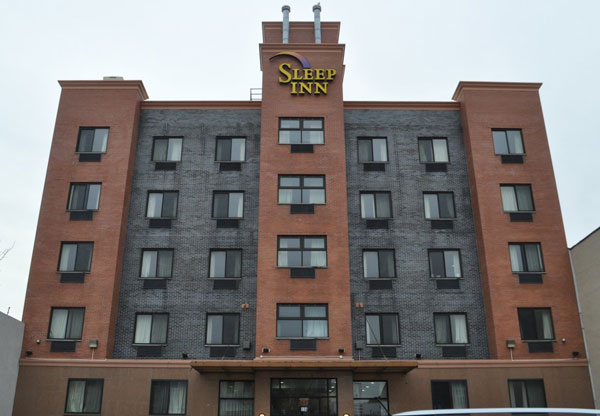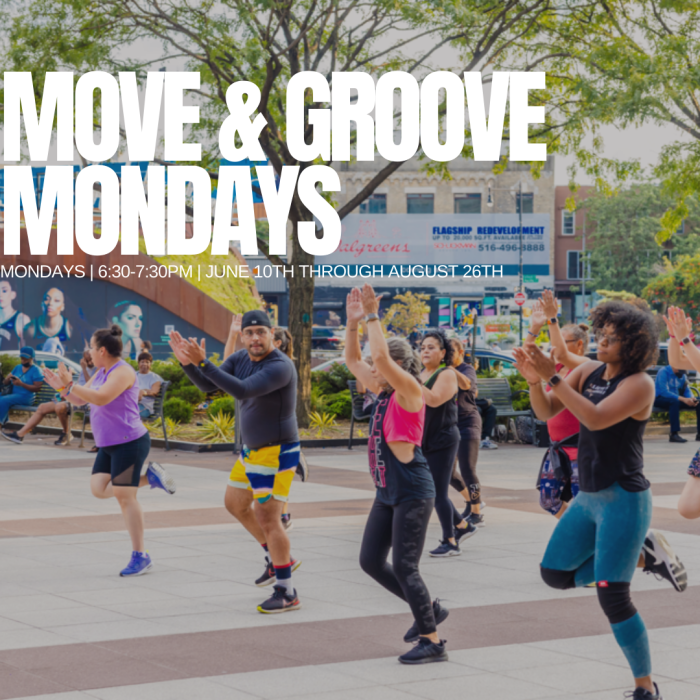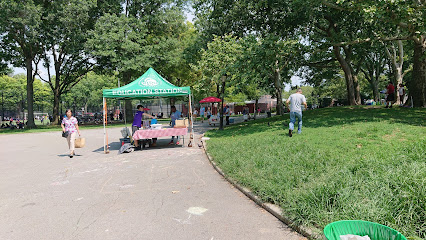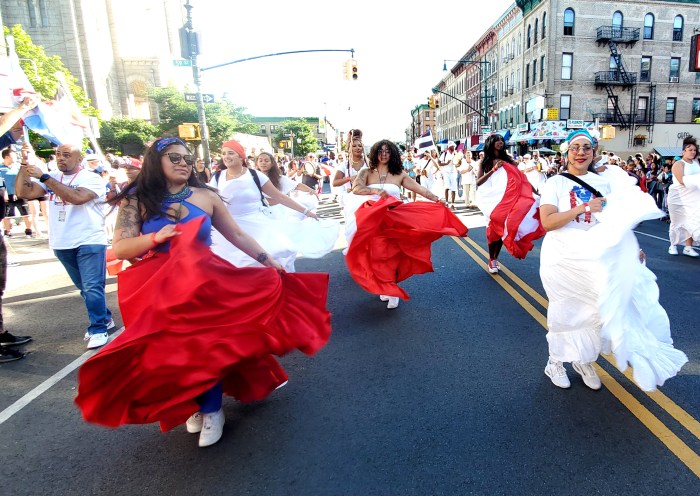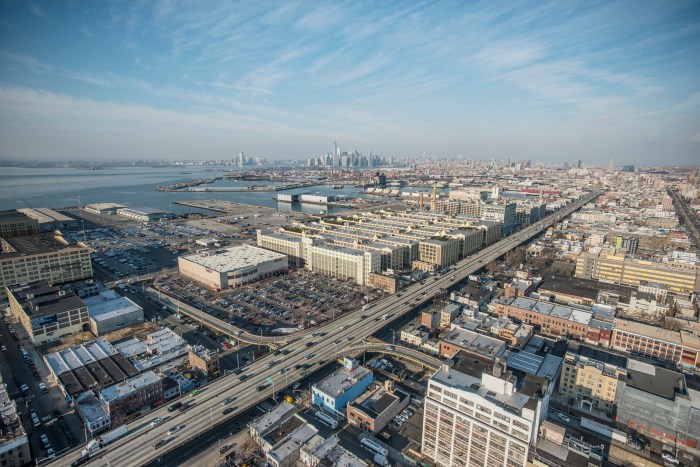They’re hoping these questions lead to some answers.
Sunset Park civic leaders hope a new survey they plan to give occupants of the neighborhood’s homeless shelters will help them in their quest to get those vulnerable residents the support they need, while maintaining the quality of life in the community — where locals for years accused the city of dumping transients with little to no notice.
Last year, leaders of the local Community Board 7 and its ad-hoc Committee on Homelessness doubled down on the panel’s efforts in the area, after the city increased the number of beds for transients in Sunset Park to 825, dozens of which officials installed inside neighborhood hotels. And after failed attempts to get the head of the city’s Department of Homeless Services to address the issue with the board, its members are turning to local homeless themselves to gain clarity on the agency’s operations in the district.
“We want to know, are there caseworkers on each hotel, and how can we contact them if we’re having issues with a particular hotel,” Karen Rolnick, chairwoman of CB7’s Homelessness Committee, said at the panel’s Feb. 25 meeting. “We’ve had issues with one or two of the hotels. We want to make sure everything is properly funded.”
In addition to asking local homeless about the number of caseworkers at district shelters — which include three traditional sites and six commercial hotels being used as emergency shelters — the 3-year-old committee’s nine members want to query transients about who is in charge on- and off-site around the clock, what populations the shelters serve, and what specific resources they offer occupants, according to internal documents the panel circulated at the recent meeting.
“These questions are to keep the lines of positive communication open, so that we can take action if there are needs that are not met by clients of the shelters and also that of the community,” read the documents.
Committee members hope to finalize the survey this week, and then plan to split up into teams of two and go from shelter to shelter in order to collect answers in time to share their findings at the panel’s next meeting in April, according to Rolnick.
But those who ask the questions must do so in a conversational, engaging way in order to make their subjects comfortable enough to give them honest answers, according to one local in attendance.
“Have a regular conversation with them,” said Florence Delgado, who lives on 49th Street, and is pursuing a degree in social work. “We can start off by drafting a few questions we would want to ask, but then start thinking about how we’re going to ask these questions.”
Delgado, who said she lives on the same street as one of the shelters in the neighborhood, applauded the survey scheme, claiming it will generate more understanding and compassion for those down-on-their-luck shelter occupants that Sunset Parkers share their neighborhood with.
“I sound crazy saying it, but I just feel like it’s going to lead to something positive,” she said. “I’ve spoken to some of the members in residence; one of them is a pastor, he’s not a bad person. Another one is a teacher, whose house burned down with everything inside.”


